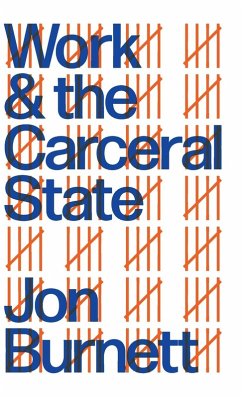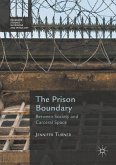During 2019-20 in England and Wales, over 17 million hours of labor were carried out by more than 12,500 people incarcerated in prisons, while many people in immigration detention centers were also put to work. These people constitute a sub-waged, captive workforce who are frequently discarded by the state when done with. Work and the Carceral State examines these forms of work as part of a broader exploration of the relationship between criminalization, criminal justice, immigration policy and labor, tracing their lineage through the histories of transportation and banishment, of houses of correction and prisons, to the contemporary production of work. Criminalization has been used to enforce work and to discipline labor throughout the history of England and Wales. This book demands that we recognise the carceral state as operating at the frontier of labor control in the 21st century.During 2019-20 in England and Wales, over 17 million hours of labour were carried out by more than 12,500 people incarcerated in prisons, while many people in immigration removal centres also worked. In many cases, such workers constitute a sub-waged, captive workforce who are discarded by the state when done with. Work and the Carceral State examines these forms of work as part of a broader exploration of the relationship between criminalisation, criminal justice, immigration policy and labour, tracing their lineage through the histories of transportation and banishment, of houses of correction and prisons, to the contemporary production of work. Criminalisation has been used to enforce work and to discipline labour throughout the history of England and Wales. This book demands that we recognise the carceral state as operating at the frontier of labour control in the 21st century.
Hinweis: Dieser Artikel kann nur an eine deutsche Lieferadresse ausgeliefert werden.
Hinweis: Dieser Artikel kann nur an eine deutsche Lieferadresse ausgeliefert werden.








